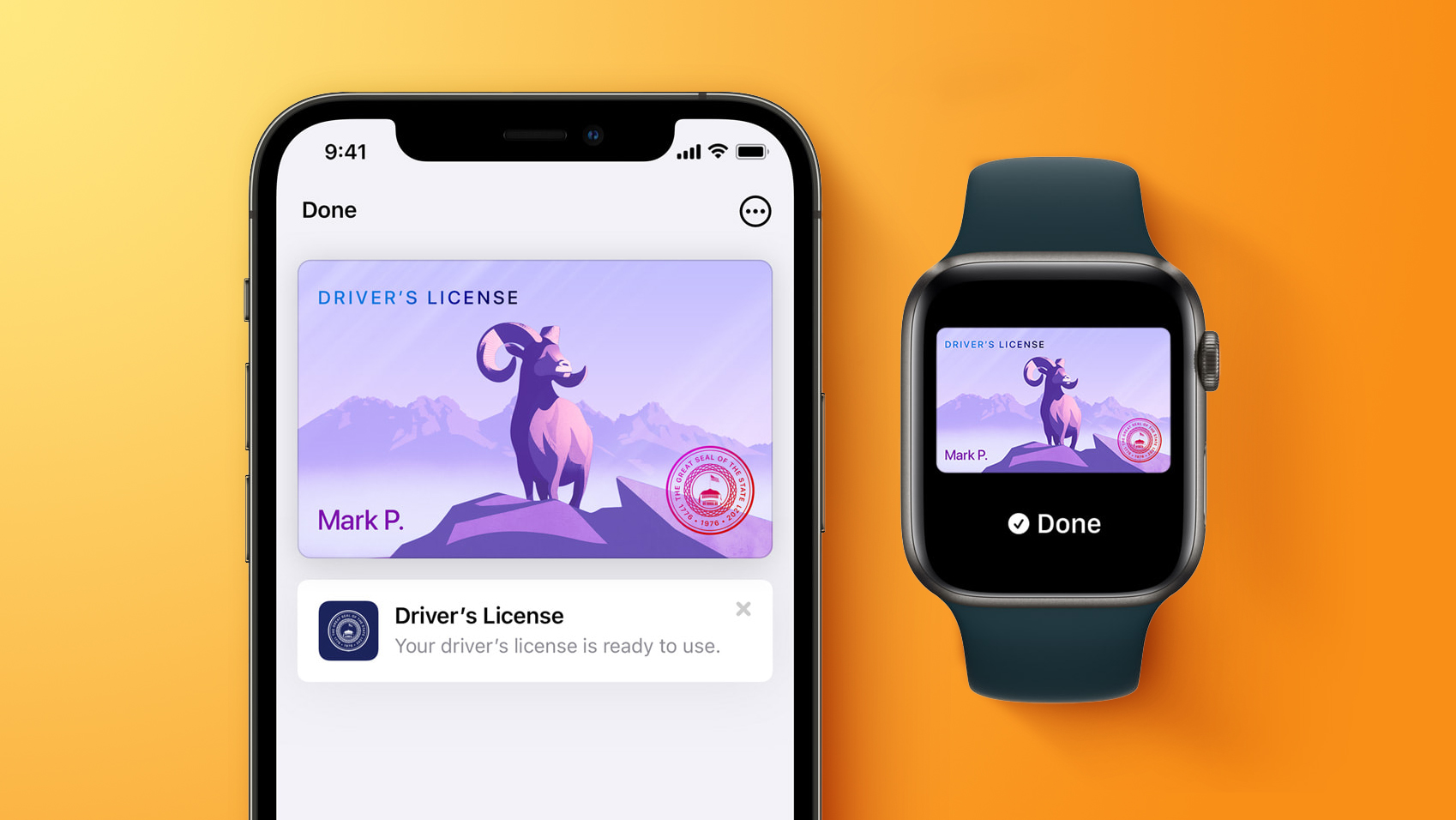Apple needs to set the bar very high. Also vulnerabilities in any state’s id database have to be totally air-gapped so Apple has NO liability whatsoever from it.
Apple's agreement with U.S. states looking to add digital ID cards such as driver's licenses to the Wallet app includes strict terms and charges footed to the taxpayer, according to fintech consultant Jason Mikula and CNBC.

The ability to add a driver's license or ID to the Wallet app is a new feature in iOS 15. Customers will be able to tap the plus icon at the top of the Wallet app to add their ID, and then simply tap their iPhone or Apple Watch on an identity reader at a TSA checkpoint, without taking out their physical card.
Confidential documents seen by Mikula and CNBC purportedly reveal that Apple is imposing stringent terms and conditions on U.S. states looking to implement the new feature. The costs of meeting these requirements, such as hiring staff, project management, marketing, and funding, will be charged to the taxpayer with no financial support from Apple.
The company requires states to independently maintain the systems used to issue and service credentials, hire project managers to respond to Apple's inquiries, verify IDs, perform quality testing to ensure that digital IDs meet Apple's requirements, "prominently" market the feature, "proactively" offer digital IDs whenever a citizen gets a new or replacement card, and encourage state and federal government agencies to widely adopt digital IDs.
Apple has "sole discretion" for a number of the program's key aspects, including what devices will be compatible with digital IDs, how states report on the performance of the feature, and its launch date. Apple is also insisting upon the ability to review and approve all state marketing for the feature.
These terms were apparently included in a seven-page memorandum of agreement that was signed by Georgia, Arizona, Kentucky, and Oklahoma. According to CNBC, the agreement "mostly portrays Apple as having a high degree of control over the government agencies responsible for issuing identification cards."
Georgia and Arizona are set to be the first states to offer citizens the opportunity to add their driver's license to the Wallet app, but have yet to launch the program. CNBC noted that while it reviewed the contracts for these states, it has not seen the exact agreements for Connecticut, Iowa, Maryland, and Utah, the four other states that have signed up for Apple's digital ID program.
Article Link: Apple Imposing Strict Terms on U.S. States for Digital IDs in Wallet App
IMHO this is an experiment at this point that limit’s potential catastrophic damage as this great service takes its baby steps.


